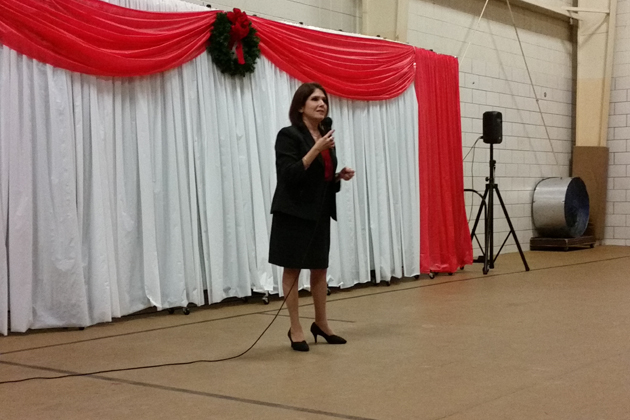
By Greg Halbleib
BLOOMINGTON – Lieutenant Governor Evelyn Sanguinetti says the dialogue on the opioid crisis must change.
Sanguinetti told WJBC’s Scott Laughlin opioid addiction is a disease and needs to be handled as such, and not simply through punitive measures.
“In some communities, they do not have the sort of support to be able to put people in a plan through recovery, and instead try to arrest their way out of this problem,” Sanguinetti told WJBC’s Scott Laughlin. “We now know we can’t do that.”
Sanguinetti says deaths attributed to opioids in McLean County more than doubled from 2016 to 34 in 2017, with nearly 2,000 opioid-related deaths statewide last year.
PODCAST: Listen to the complete interview here.
The lieutenant governor said the dialogue on the growing opioid crisis must shift from punishment to treatment.
“We’ve got to change our lexicon,” Sanguinetti said. “People are being very judgmental as to how we deal with this–‘They’re addicted, let them lose their souls’–and now science is telling us this is a disease, and we need to handle it as such.”
Sanguinetti toured the Chestnut Health Systems Adult Addiction Treatment Center in Bloomington today with State Senate Minority Leader Bill Brady. The lieutenant governor co-chairs a task force developing the Illinois Opioid Action Plan with a goal of reducing opioid overdose deaths by one-third in three years.
Greg Halbleib can be reached at [email protected].






